Summaries of books about Political Theory:
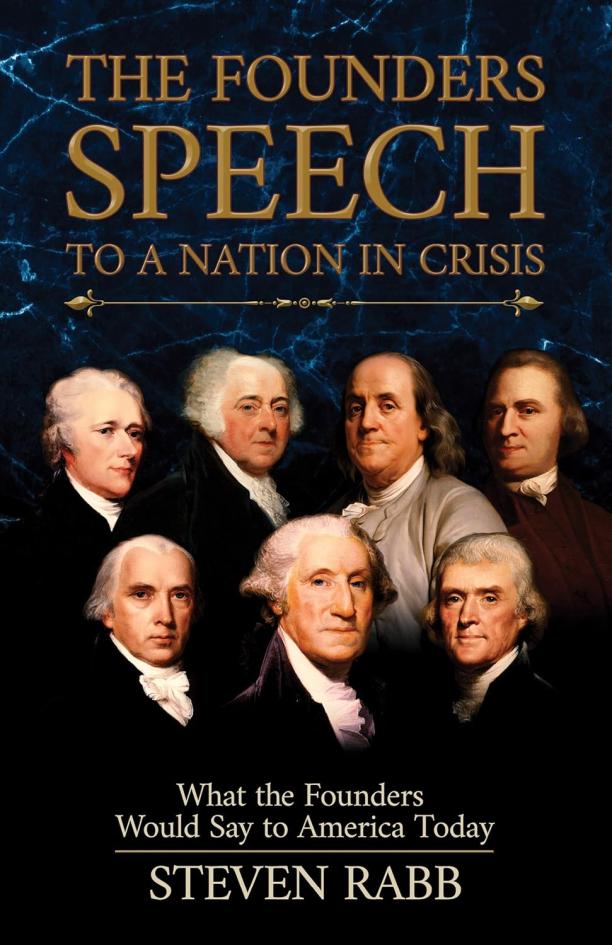
The Founders' Speech to a Nation in Crisis
What the Founders Would Say to America Today
Steven Rabb
The book presents a fictional dialogue between modern Americans and the Founding Fathers, offering insights into how the nation's creators might address contemporary political and social issues. It uses historical analysis and creative interpretation to explore the Founders' views on current challenges, aiming to provide guidance and wisdom for today's citizens and leaders.
See full summary
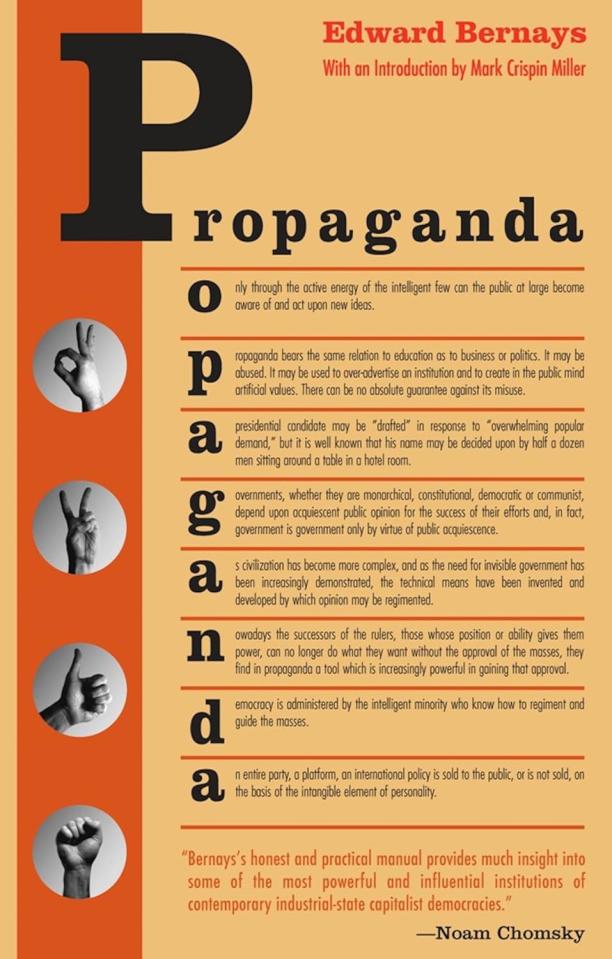
Propaganda
Edward Bernays
The book explores the mechanisms and effects of influencing public opinion, detailing how governments, corporations, and other entities use mass communication to manipulate the masses. It delves into the psychology behind propaganda and its pervasive role in shaping modern society and democracy.
See full summary
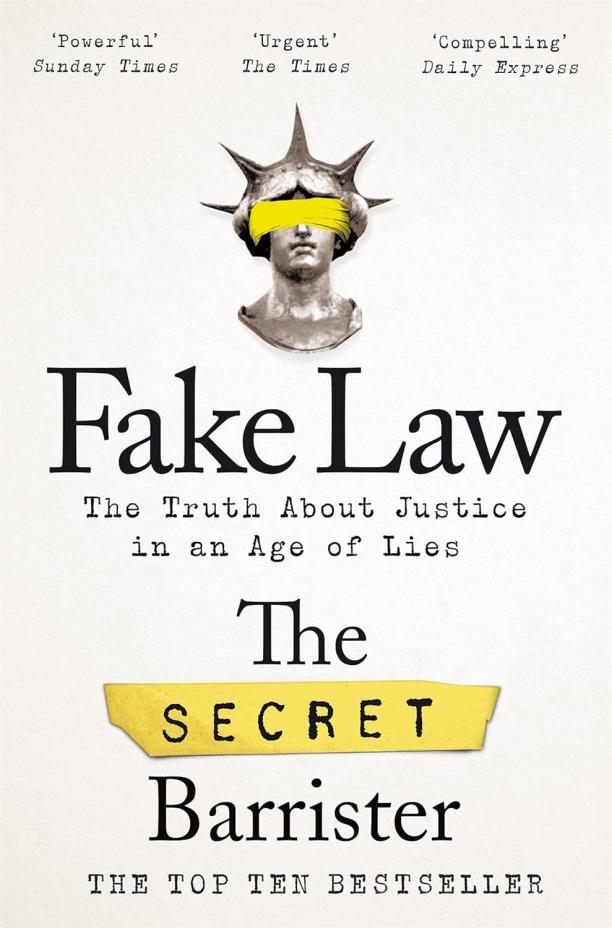
Fake Law
The Truth About Justice in an Age of Lies
The Secret Barrister
The book exposes and debunks common misconceptions and falsehoods surrounding the legal system in the UK, often perpetuated by politicians, the media, and public figures. It aims to clarify the complexities of the law and the judicial process, providing readers with a more accurate understanding of how justice is truly administered.
See full summary
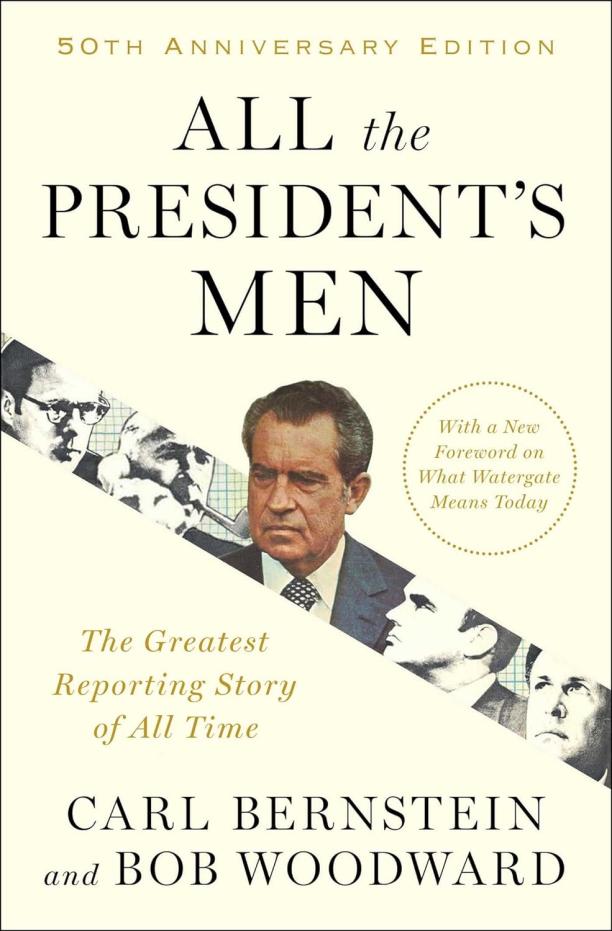
All the President's Men
Bob Woodward|Carl Bernstein
The book chronicles the investigative journalism of two Washington Post reporters as they uncover the details of the Watergate scandal that led to the resignation of President Richard Nixon. It details their persistent efforts to reveal the involvement of the Nixon administration in the break-in and subsequent cover-up, relying on information from confidential sources, including the infamous Deep Throat.
See full summary
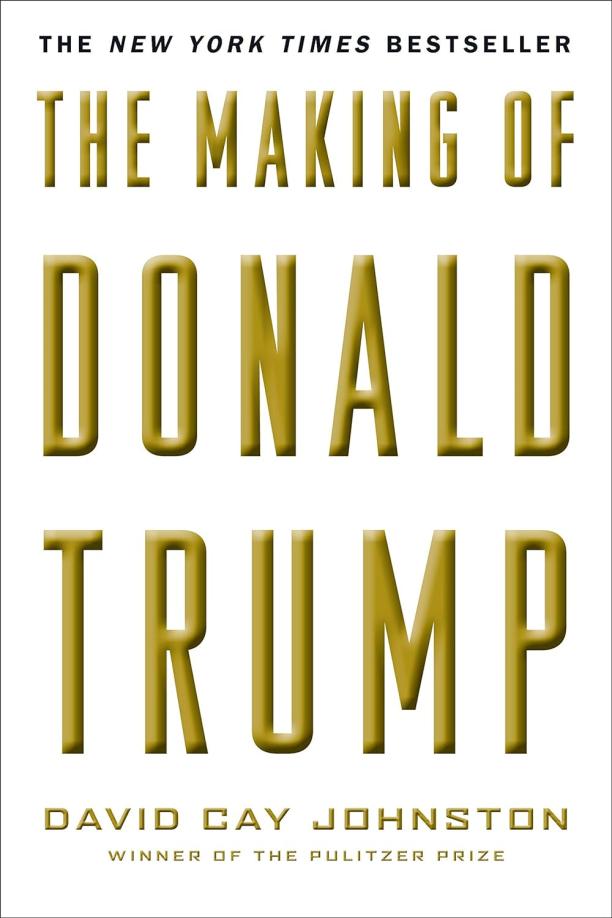
The Making of Donald Trump
David Cay Johnston
The book delves into the life and career of Donald Trump, examining his business dealings, personal relationships, and rise to political prominence. It provides a critical analysis of Trump's wealth, influence, and tactics, drawing on decades of interviews and financial records.
See full summary
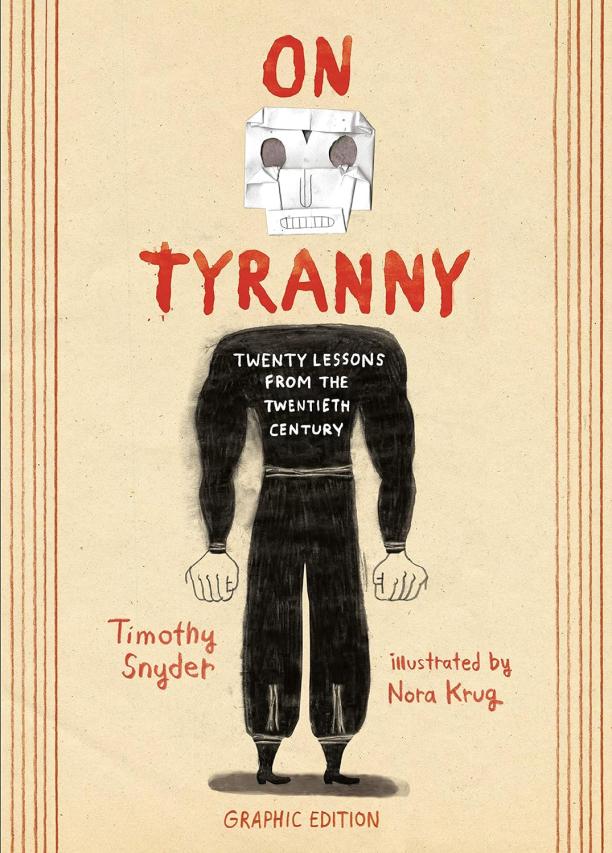
On Tyranny Graphic Edition
Twenty Lessons from the Twentieth Century
Timothy Snyder
The book presents twenty essential lessons drawn from the events of the twentieth century, offering insights into how individuals can resist and prevent tyrannical government and preserve democracy. It combines historical analysis with practical advice, illustrated to enhance understanding and engagement with the material.
See full summary
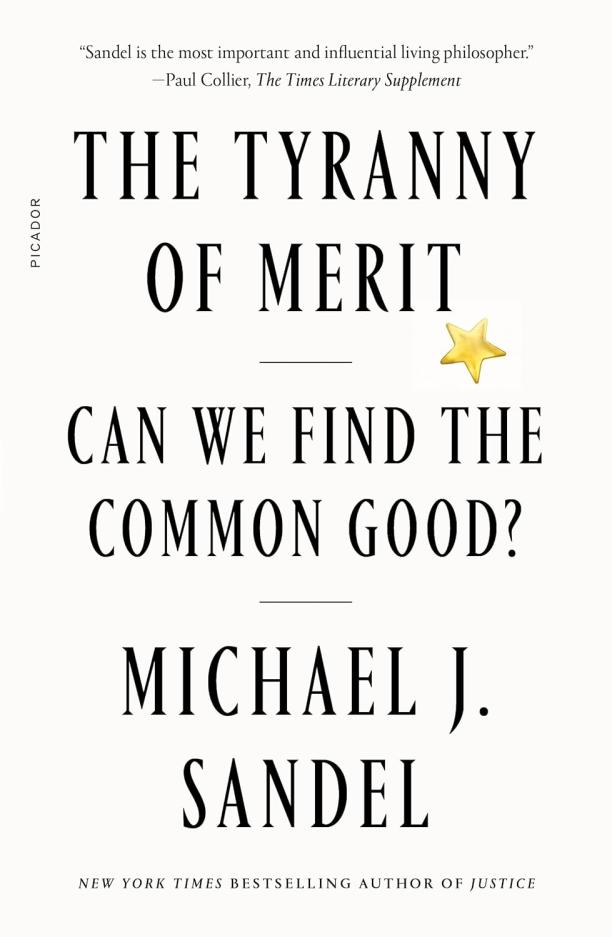
The Tyranny of Merit
What's Become of the Common Good?
Michael J. Sandel
The book critiques the notion that social and economic rewards should be distributed based on merit, arguing that this ideology exacerbates inequality and erodes the sense of community. It suggests that relying on meritocracy undermines the common good and calls for a more reflective public discourse on what it means to be successful and how to honor the dignity of work.
See full summary
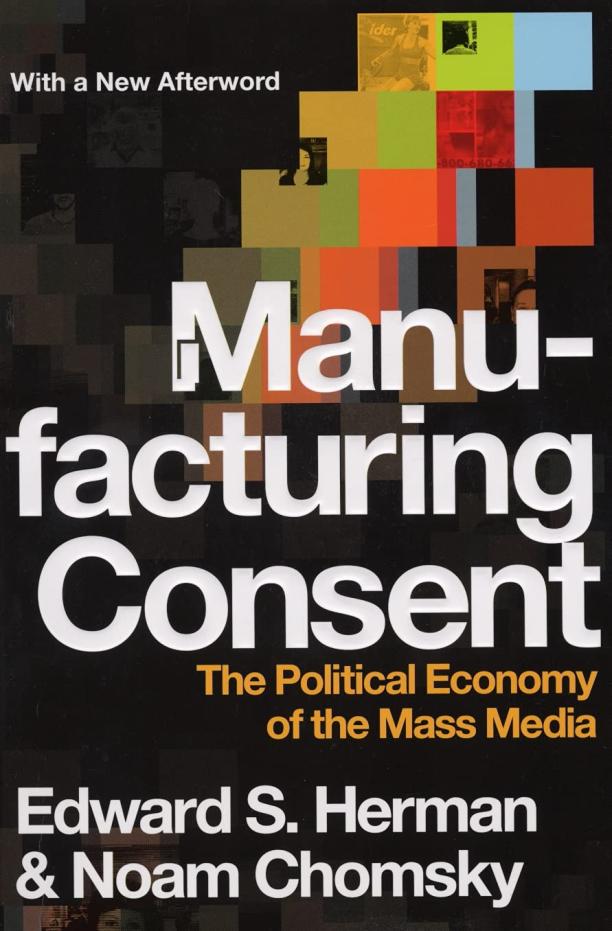
Manufacturing Consent
The Political Economy of the Mass Media
Edward S. Herman, Noam Chomsky
The book analyzes the ways in which economic, political, and social power structures influence and control the mass media in the United States. It introduces the "propaganda model" to demonstrate how news is filtered and shaped to serve the interests of dominant elite groups, often at the expense of democratic processes.
See full summary
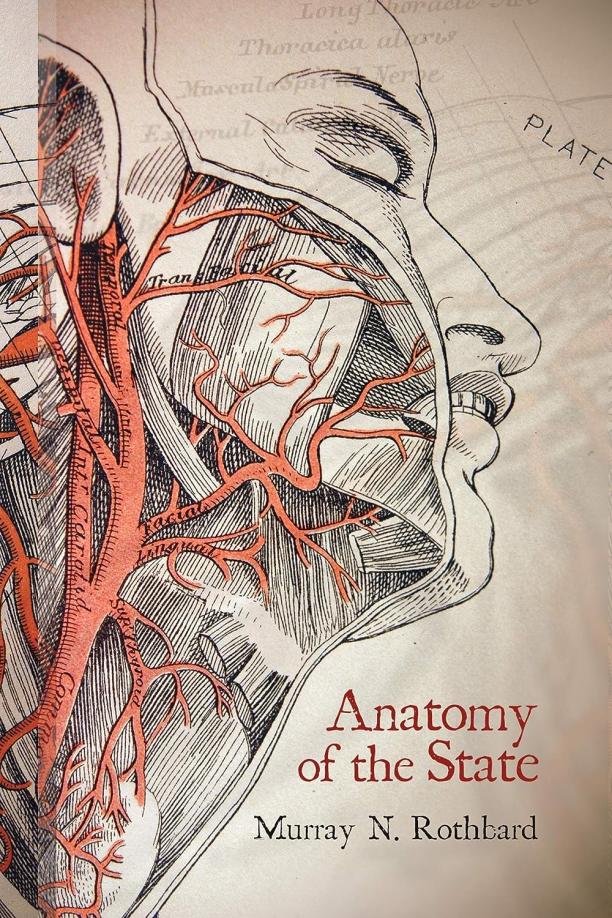
The Anatomy of the State (LvMI)
Murray N. Rothbard
The book presents a critical analysis of the state, arguing that it is an institution that inherently seeks to expand its power at the expense of individual freedom. It examines the methods by which the state maintains control, including taxation, war, and propaganda, and advocates for a society organized around voluntary associations and free-market principles.
See full summary
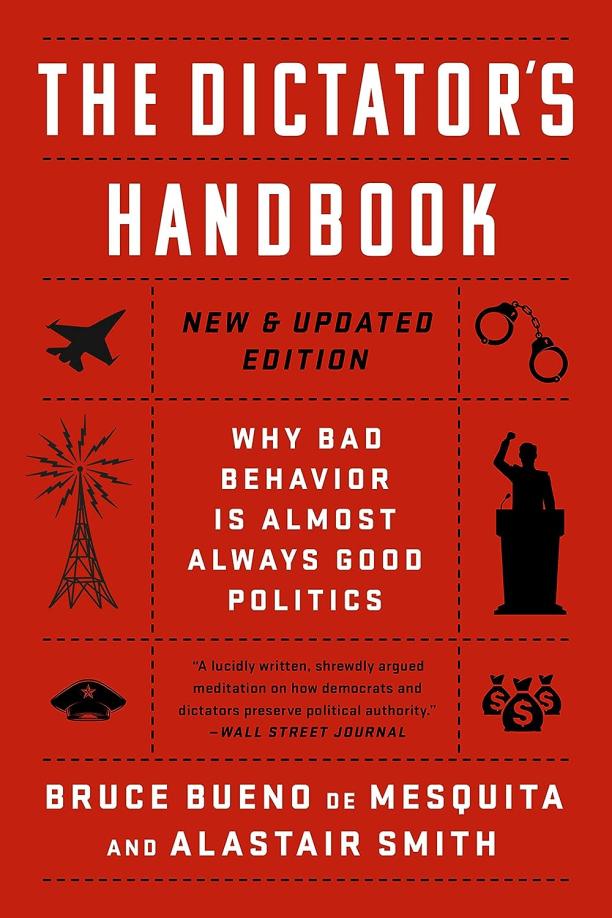
The Dictator's Handbook
Why Bad Behavior is Almost Always Good Politics
Bruce Bueno de Mesquita|Alastair Smith
The book presents a political theory that leaders, regardless of being dictators or democrats, prioritize their own power and interests by maintaining a loyal coalition of supporters through a system of rewards and punishments. It argues that the size of this coalition and the number of people a leader needs to please determines the level of corruption and the quality of governance.
See full summary